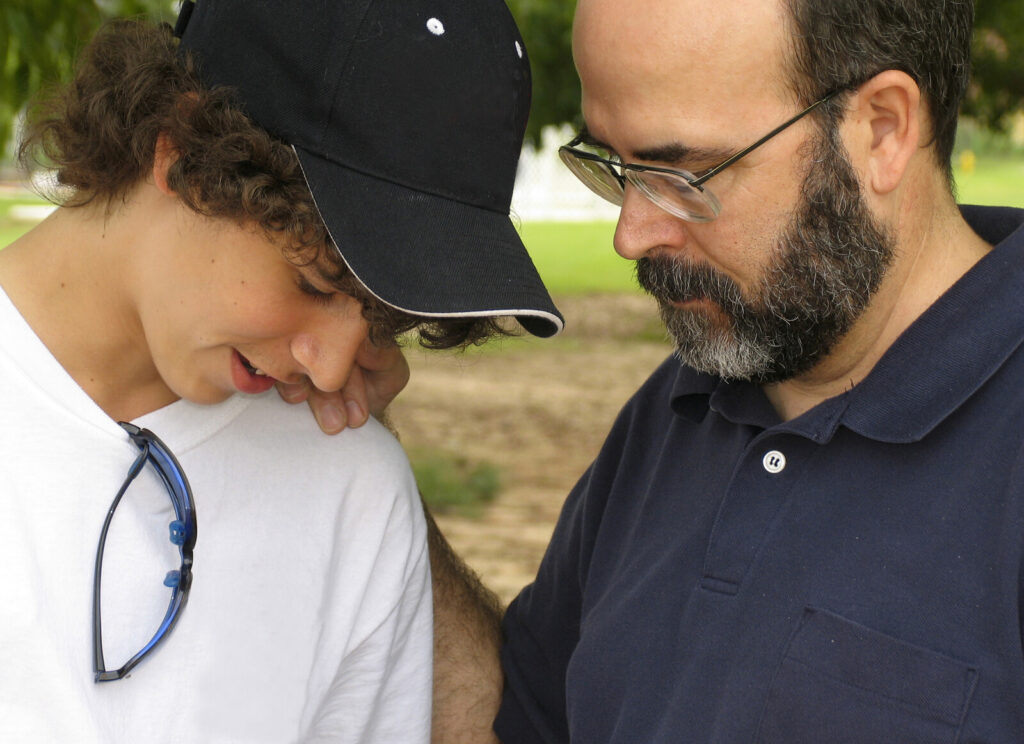
Mentoring young adults with anxiety can feel overwhelming—but it starts with structure, trust, and small, meaningful steps. Parents often ask, “Where do I begin?” In this guide, we walk you through five key ways to help your child feel supported, heard, and ready—without pressure or pushback.
But change does not begin with a lecture—it starts with a connection.
In this article, you will learn how to gently introduce the idea of mentoring, even if your child seems resistant, and how to make that first step feel safe, empowering, and their own.
1. Understand What Mentoring Really Offers
Before inviting your child to consider mentoring, take a moment to understand what makes it so effective. Mentoring provides structure without judgment, support without pressure. A trained mentor creates a safe space where your young adult can express what they are going through, learn manageable coping tools, and begin to build confidence and independence. For many, it is the first relationship that truly meets them where they are.
2.Start a Conversation – Not a Campaign
The best way to introduce mentoring is with a gentle, open-ended question:
“How are you handling your stress day to day?” or “Would you be open to trying something that might help?”|Avoid declarations or ultimatums. Instead, invite them into the process. Share that you’ve found a program specializing in mentoring young adults with anxiety and helps young adults build life skills step by step.
Not sure what that conversation could sound like? Here are 3 proven strategies for helping your child begin to open up about anxiety.
3. Explore Our Mentoring Program Together
Our team has worked with hundreds of young adults experiencing anxiety, isolation, and overwhelm. We specialize in supporting young adults who don’t fit neatly into traditional support models. We work online, with flexible sessions, and everything starts with a simple free consultation—no pressure, just a chance to talk.
4. Encourage One Step—Not a Leap
You don’t need to get your child to commit long-term. Instead, suggest trying just one session. Let them know this is about finding what works for them, and that you are there to support—not push—them forward. Small starts often lead to real change.
5. Patience Is the Most Powerful Tool You Have
Mentoring works over time. It builds momentum through trust and small wins. Be there when they need to vent. Celebrate moments when they show insight or growth. Your steady encouragement can be the bridge between resistance and breakthrough. Real change through mentoring young adults with anxiety takes time, trust, and consistency.
Staying Present Through Resistance
Some parents tell us they feel like they are “nagging” or “walking on eggshells.” That is a normal part of loving someone with anxiety. The key is to remain available without pushing. When your child hears encouragement without pressure, it builds safety. Sometimes the quiet presence of a parent who believes in them is more powerful than anything you could say.
What You Can Do Now
Mentoring is not a quick fix—it is a step-by-step path built on connection, trust, and consistency. When your child is ready, even slightly ready, that is your moment to act.
If your child has hesitated to try mentoring, do not assume that means they never will. Many young adults living with anxiety take time to say yes—especially when they feel overwhelmed or unsure of themselves. What matters most is that they know support exists, and that you believe they are capable of growth. Keep the door open, gently. Let them know help is here when they are ready. When the moment comes, mentoring will be there—ready to meet them with patience, trust, skillful guidance, and hope.
👉 Book a free consultation today and take one small but powerful step toward support.
Next Article: 3 Strategies for Parents to Help Their Child Overcome Anxiety
Already thinking ahead? Here’s what you can expect after one year of mentoring.

